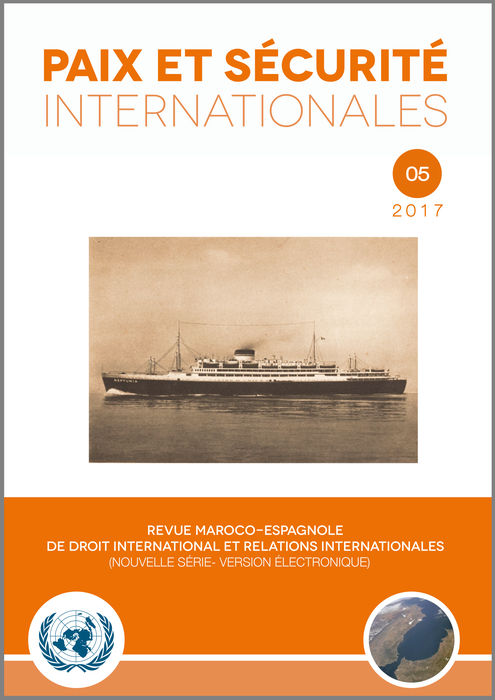Islamic State’s Qutbist Statehood: a Systemic Threat to the Concept of Sovereignty as a Primary Institution in the English School of International Relations
Abstract
Abstract: The insurgent organisation called Islamic State (IS) has changed the paradigm of the territorial statehood, by threatening the concept of Westphalian and international legal sovereignty. IS’s medieval caliphate territorial project is based on a powerful anti-secular interpretation of the sovereignty. IS’s interpretation of the sovereignty is inspired by Sayyid Qutb’s thought, who said the Western concept of sovereignty is in contrast with Islam. State actors generally accept sovereignty, according to the English School of International Relations, as one of the systemic principles of order, defined as “primary institutions.” Consequently, Qutbist statehood represents an ideological challenge to these ideas.
Keywords: Islamic State, caliphate, sovereignty, Qutb, English School, primary institution.
Downloads
How to Cite
License
Copyright
Es condición para la publicación que el autor o autores ceda(n) a la Revista, en exclusiva, los derechos de reproducción. Paix et Sécurité Internationales es una revista que proporciona un acceso abierto inmediato a su contenido totalmente gratuito para lectores como para los investigadores que pretendan publicar en ella, ya que no se realizan cobros por concepto de envío, procesamiento ni publicación. Los usuarios podrán leer, descargar, copiar, distribuir, imprimir, buscar o enlazar el texto completo de los artículos publicados, o utilizarlos para cualquier otro propósito, dentro de la legalidad vigente. Y podrán hacerlo sin coste alguno, y sin necesitad de solicitar permiso al editor a al autor. Todo ello de acuerdo con la definición de acceso abierto de la Iniciativa Acceso Abierto de Budapest.






